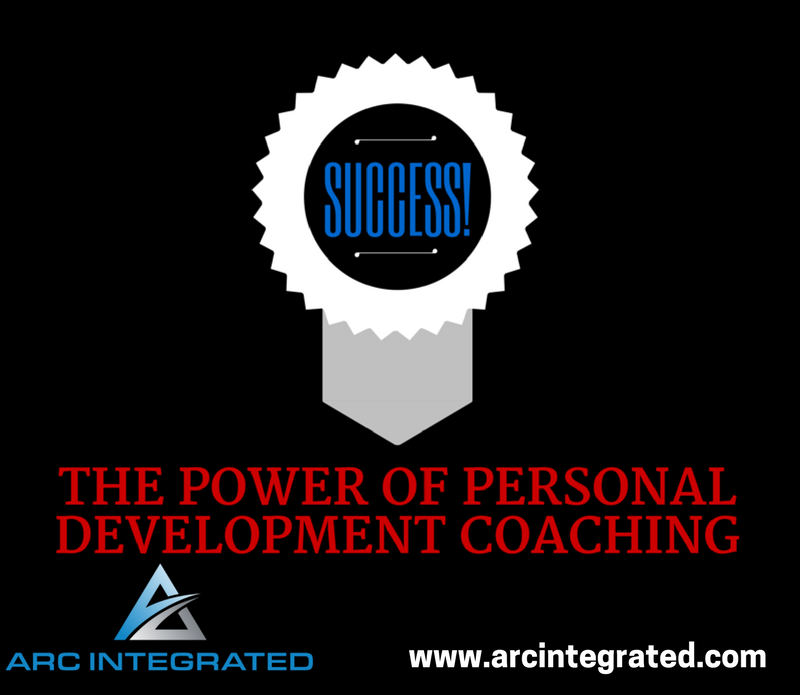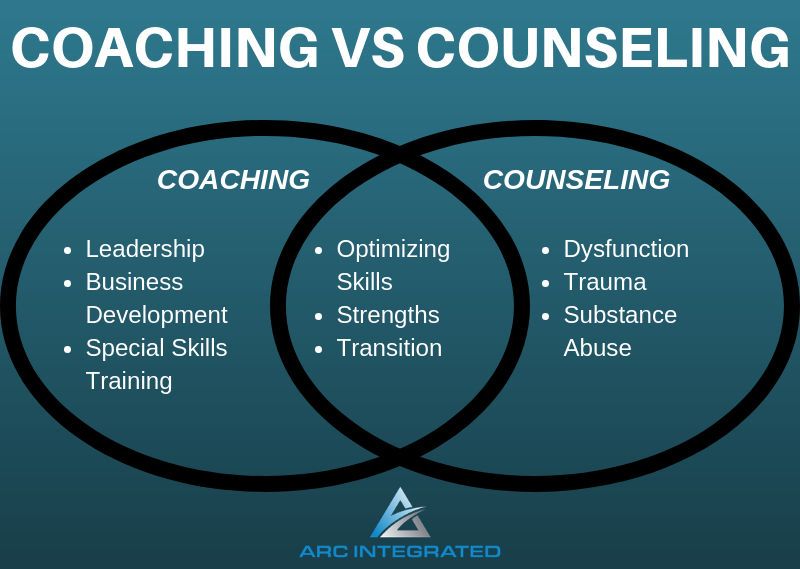
Arc Integrated – 2019 Highlights – 2020 Preview
Greetings and Happy New Year!
I hope that the first few weeks of 2020 have been a success. It was an exciting year in 2019 and there are some wonderful upcoming releases and events from Arc Integrated in 2020.
As I look back on the last year, here are some the highlights of 2019:
- Traveled the country serving a wide variety of leaders, teams, organizations and events.
- We continue to learn the client that we serve best. We have been doing our very best work while serving organizations and leaders that are driven to create and maintain cultures with purpose, accountability, sustainability, empathy and collaboration.
- In May I launched my book – CHANGES: The Busy Professional’s Guide to Reducing Stress, Accomplishing Goals and Mastering Adaptability.
- It hit best seller status in three categories!
- I also launched the audio book a few months later. If you’re not yet an Audible user, you can get a FREE audio version of the book here.
- Earlier in 2019 I graduated from a 9 year martial arts program which continues to influence ways in which we train, facilitate and coach teams, leaders and organizations on how to be their very best. Stay tuned for some more posts about how martial arts influences the work we do and how some of the philosophies get incorporated.
- There have been a number of podcast interviews done in 2019 which set the stage to do many more in 2020! These interviews have acted as massive resources for our clients. If you’d like to browse our list of interviews- https://www.arcintegrated.com/about-us/
- Later in the year I went through a certification program called XCHANGE. This has been the most powerful professional certification I have received in my career thus far. I’ll be doing an upcoming blog post about this approach and how we are incorporating it into our work with clients.
- This training led to a number of work engagements, including an all employee company retreat, an executive leadership summit and a industry wide collaborative.
- We continue to have an impact on the lives of the leaders and organizations we are honored to serve. Here’s what one of our client’s said in 2019 –
“Our Executive Leadership Team has worked closely with Michael for the past year and the results of this engagement have had a profound impact on our company. We utilize the many of the strategies that we have learned from him on a daily basis as what he has to offer is practical and implementable Individual and group coaching has helped us to improve our communication skills and function on a higher level as a leadership team.”
As well look ahead to 2020, here are some of the exciting things we have in store:
- Continue to travel, internationally, serving a wide variety of organizations, leaders, teams and conferences!
- The launch of the CHANGES CARDS. Available for order now (discounts for bulk!). Available on Amazon by end of Q1
- Releasing my book in hard cover
- Developing the Changes Journal. There has been much feedback about the valuable exercises within the book. Because of this, we’ll be releasing a book with just the exercises and places for reflection, so people can optimize their work.
- Speaking a lot more! There are a number of events already lined up. We have been getting great feedback about the high levels of engagement and experiential nature of Michael’s events. To inquire about Michael’s availability in 2020, schedule a time to chat today!
- See some previous speaking reels as well as testimonials here – https://www.arcintegrated.com/consultation/speaking-engagements/
What I’m most excited about are the surprises. I am consistently in awe of how much can change, every year. Certainly not all surprises are welcome, but I continue to learn the value of perception and how all experiences can be teachers.
Looking forward to a year full of growth, success, excitement and education.
Wishing you all the same.
With Gratitude,
Michael



